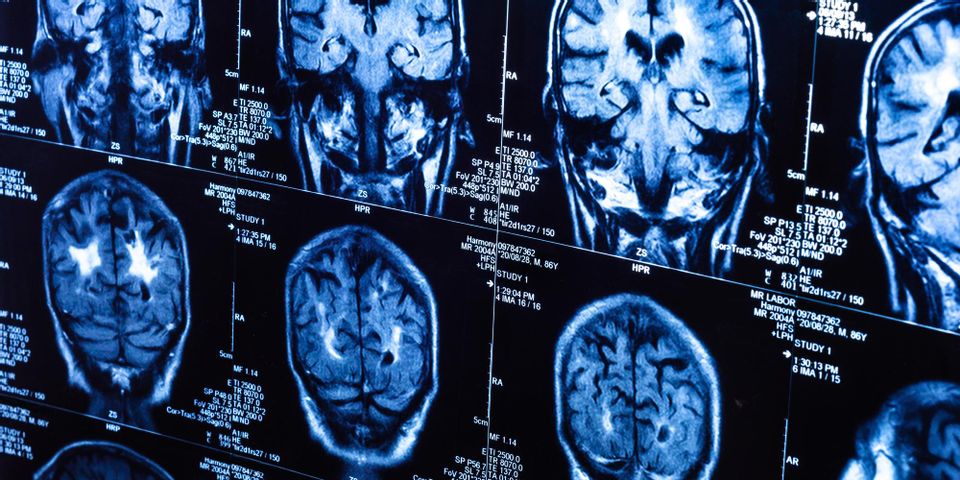How Does Parkinson's Affect the Brain?

The human central nervous system (CNS) is made up of the spinal cord and brain. When a patient has Parkinson’s disease, CNS abnormalities lead to symptoms such as tremors, rigid muscles, and impaired balance. If you or a loved one has the condition, you’ll want to learn more about how the disorder impacts the brain and how these changes affect daily life. While your doctor is also a valuable resource for questions, the overview below will help you understand the effects of Parkinson’s on the brain.
How Parkinson’s Chemically Alters the Brain
Parkinson’s & the Substantia Nigra
The substantia nigra is a part of the midbrain just above the spinal cord. It’s also part of the basal ganglia, an area of the brain that scientists believe controls movement. Healthy brains contain an abundance of dopamine-producing cells in this part of the brain. The natural chemical dopamine is essential for regulating both movement and mood.
A dramatic 80% drop in these dopamine cells is what causes the symptoms of Parkinson’s disease. Doctors and researchers are unsure why this process occurs. In addition to the effects previously mentioned, this dopamine loss may cause patients to experience slowness of movement, an inability to concentrate, and speech difficulties.
Parkinson’s & Other Brain Areas
 After the substantia nigra changes and dopamine levels drop, the effects of Parkinson’s may eventually spread to other areas of the brain. In later stages of Parkinson’s, Lewy bodies – abnormal buildups of protein – may accumulate in the cerebral cortex, which regulates memory and cognition, and the limbic system, which regulates pain and overall mood. These accumulations cause non-motor symptoms, including fatigue, anxiety, and memory issues. In some cases, these bodies will gradually cause dementia. It typically takes years of living with Parkinson’s before these symptoms occur, and not all Parkinson’s patients will develop dementia. Researchers are attempting to develop a way to predict which patients will experience Parkinson’s disease dementia.
After the substantia nigra changes and dopamine levels drop, the effects of Parkinson’s may eventually spread to other areas of the brain. In later stages of Parkinson’s, Lewy bodies – abnormal buildups of protein – may accumulate in the cerebral cortex, which regulates memory and cognition, and the limbic system, which regulates pain and overall mood. These accumulations cause non-motor symptoms, including fatigue, anxiety, and memory issues. In some cases, these bodies will gradually cause dementia. It typically takes years of living with Parkinson’s before these symptoms occur, and not all Parkinson’s patients will develop dementia. Researchers are attempting to develop a way to predict which patients will experience Parkinson’s disease dementia.
Parkinson’s & Brain Treatments
A doctor may prescribe medications to conserve dopamine in the brain and replace missing amounts of the chemical. This protects the brain and slows down the progression of symptoms. Another option is deep brain stimulation. This surgical procedure implants a special device into the brain, which creates electrical signals that help stimulate body movement.
While living with this condition causes significant alterations to the brain, you or your loved one will still be able to thrive and enjoy an excellent quality of life. The volunteers at Connecticut Advocates for Parkinson's of Hartford County, CT, are focused on providing each affected person with wellness and educational opportunities to make this possible. For information about their support groups and events for men and women with Parkinson’s, call (860) 266-6040, or visit their website. Explore community activities and discover care tips by following their Facebook page.
About the Business
Have a question? Ask the experts!
Send your question

